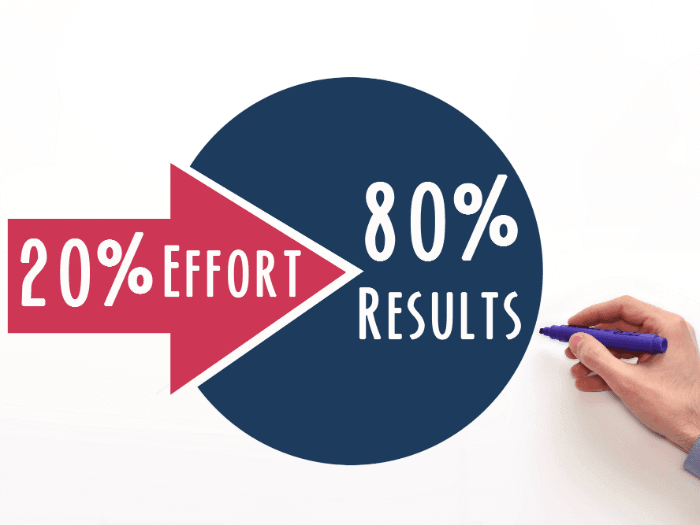The person who says he knows what he thinks but cannot express it usually does not know what he thinks.- Mortimer J. Adler
It is often said that when the learner is ready, the teacher arrives. I have found this to be very true, I have been on a deliberate journey of personal self-development since 2004.
I started with books such As a man Thinketh, Think and Grow Rich, The Enemy called average, Psycho-Cybernetics 2000, Flow: The Psychology of Optimal Experience., Rich Dad, Poor Dad, Awakening the giant within to name but a few.
What I have come to realize from reading at least 500+ books and listening to 100+ Audiobooks is that when you are not ready for a concept it would fly over your head but with repeated exposure and repetition, you eventually get it and begin to act. Learning is said to be a change in behaviour, you have not really learnt anything if you don’t act.
Knowing is not enough; we must apply. Willing is not enough; we must do. – Johann Wolfgang von Goethe
In their Coursera Course, Learning How to Learn, Barb Oakley and Terry Sejnowski, shares the research work of Jeffrey D. Karpicke on the Illusion of Incompetence:
- Seeing information in front of you such as reading a book. Doesn’t mean you know it
- Seeing or hearing someone come to a conclusion does not mean you know how to get to that conclusion or explain their argument
- Searching for something on google gives the illusion that the information is in your brain
- Spending lots of time with a material doesn’t mean you know it
The greatest enemy of knowledge is not ignorance; it is the illusion of knowledge. —Daniel J. Boorstin
